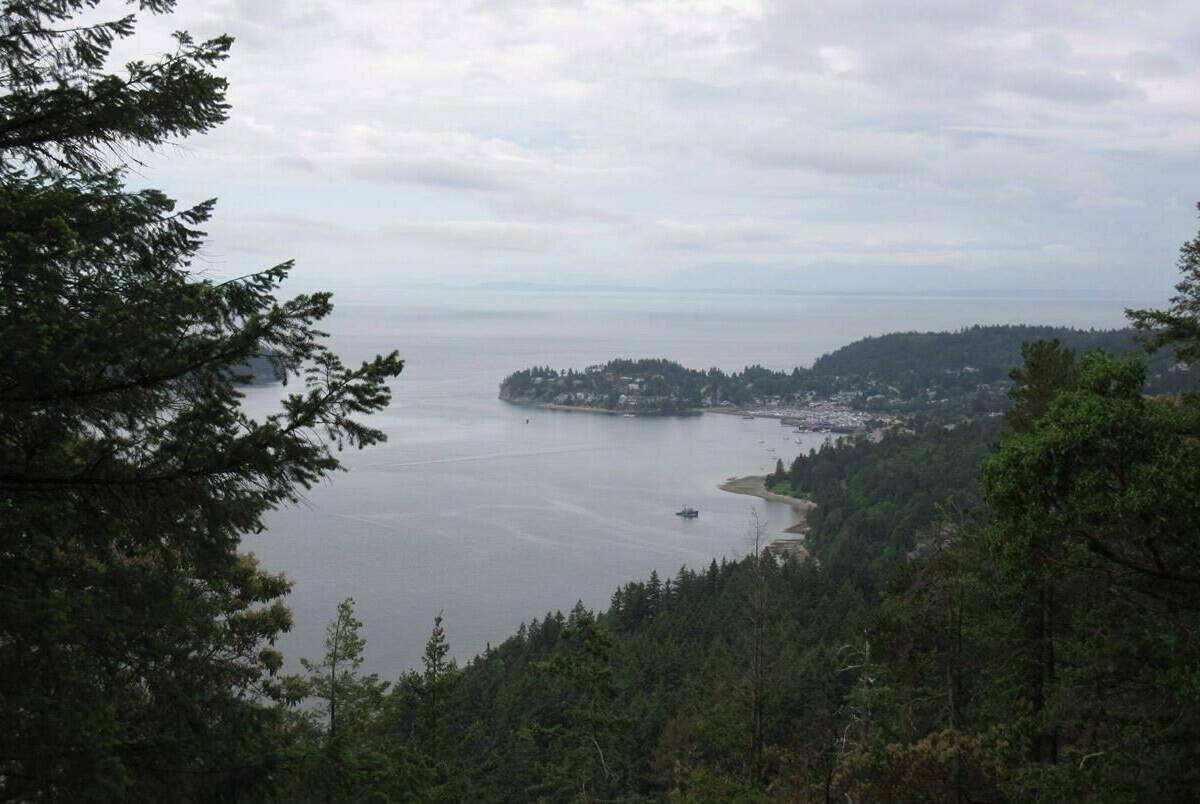A state of local emergency in response to drought along British Columbia’s Sunshine Coast has been lifted as water flow returned to a key water source.
A statement from the Regional District of Sunshine Coast, the District of Sechelt and shishalh Nation says levels in the watershed have risen slightly because of snowmelt with warmer-than-expected temperatures.
Leonard Lee, the regional district board chair, says staff have worked hard to ensure residents have had access to water through a 100-day summer drought and an unprecedented transition to freezing.
The statement says Stage 4 water conservation regulations remain in place, meaning the use of water for purposes including watering lawns and sports fields, washing vehicles or filling hot tubs is not permitted.
It says rain is in the forecast next week and staff will monitor its effect on recharging the Chapman watershed to see if those restrictions may be lifted.
The state of emergency was declared last month when drought dried up the water system that supplies 90 per cent of the homes and businesses in the Sechelt area.
Until soils in the watershed are fully recharged, the statement says, there is a risk that an extended period of cold and dry weather could threaten the water supply.
Chief Warren Paull with the shishalh Nation says the past few months have demonstrated the effects of climate change on the region’s land and water supply.
“Moving forward, there must be a collaborative approach with all levels of government involved to secure water supply for the region,” he says in the statement.
The director of the regional district, Donna McMahon, said this week that the emergency operations centre had warned restrictions could be in place until next spring.
The Sechelt area, about 70 kilometres north of Vancouver, saw only a trace of rain between July and mid-October, when it usually records 200 millimetres or more.
When rain finally arrived in late October, it was followed almost immediately by freezing temperatures at higher elevations, preventing the reservoir from refilling, emergency operations centre director Remko Rosenboom said earlier this month.
The Canadian Press

